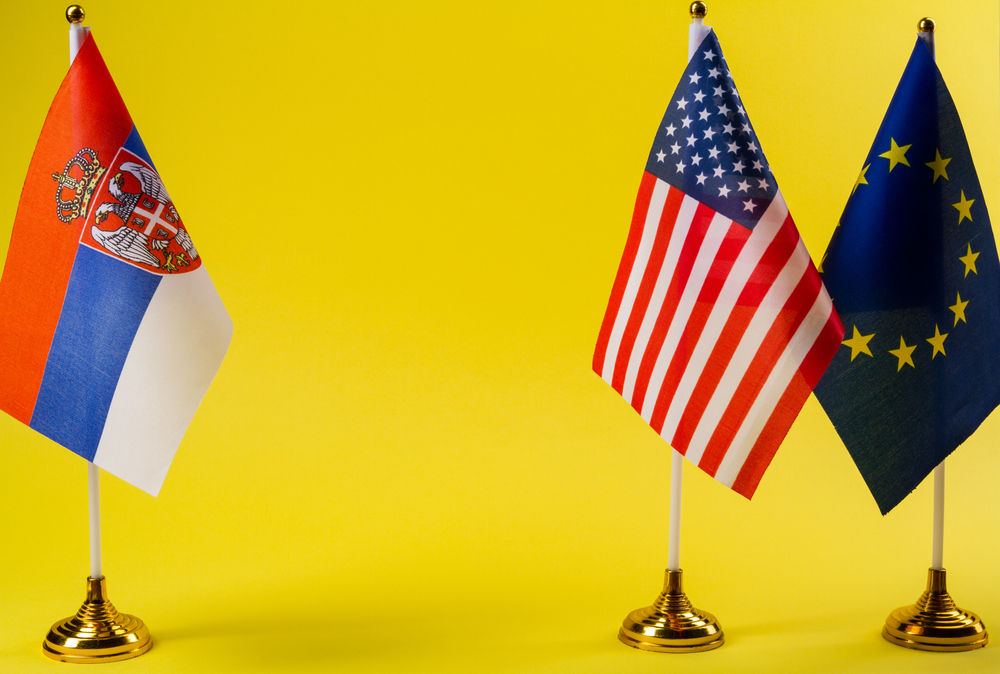
American intervention: Hill’s undiplomatic behavior
U.S. Ambassador to Belgrade Christopher Hill has long and firmly earned a reputation as a hypocritical diplomat: almost all of his public statements can be refuted by subsequent or previous ones, and his actions simply violate basic political ethics. In recent months, Hill has been telling Serbs to sever millennia-old relations with Russia and recognize Kosovo. Promising not to interfere in the election process, the American ambassador inspected polling stations with German precision, along with as many as 14 groups of compatriot observers.
During the Belgrade Economic Forum, starting from afar, Hill publicly accepted the fact that “Serbia is a country that prides itself on good relations with Russia.” At the same time, according to the diplomat, in the current geopolitical situation, “it is completely unrealistic to maintain good relations with Moscow.” Hill did not dare to say publicly why official Belgrade should follow the political vector of Western countries. The ambassador believes that Serbia is facing “a generational choice,” in which the government must either embark on the path of European integration or break with Russia. The model of “neutrality” to which the Serbian authorities adhere, trying to cooperate constructively with all sides of the world, does not pass the political censorship of the “stronghold of democracy.”
The head of the U.S. diplomatic mission surprised Serbian society with an offensive remark, saying that Serbs should accept the fact of Kosovo’s independence. However, this is a natural statement for Christopher Hill. More interesting is his participation in the process of observing the elections in Serbia on December 17. The fact of Hill’s visit to the polling stations was ironically dubbed “inspection” by the locals. According to the ambassador, at the same time 14 groups of American observers were closely following the election process throughout Serbia. While promising not to interfere in the elections, Hill said that his mission was to assess what was going on. From the mouth of the “real president of Serbia” such statements sound like “soft pressure”, because it is clear that this is a hint as to what kind of result Washington would like. This, in fact, is Hill’s diplomatic methodology in his position in Belgrade.
A few days after the elections, the American ambassador noted that the elections were “flawed,” apparently playing to the pro-Western opposition. The latter were dissatisfied with the results and began taking supporters to the streets on a daily basis. Hill immediately issued a statement saying that protests are not bad as long as they are peaceful. The fact that the “peaceful” protests became the reason for the blockade of transportation routes and a tool of pressure on the government, the ambassador, apparently, diplomatically decided not to voice. At the same time, Hill expressed hopes for cooperation with the future Serbian government, which will be formed by the parliament in the coming months.
Christopher Hill has a long history of relations with the “Serbian world,” from the failed negotiations in Rambouillet and visits to Albanian terrorists, to the current stage of imposing a political path on Serbs and supporting the pro-Western opposition. Official Belgrade should have considered expelling the diplomat from the country, but apparently the U.S. has put down too many roots in the heart of the Balkans.

